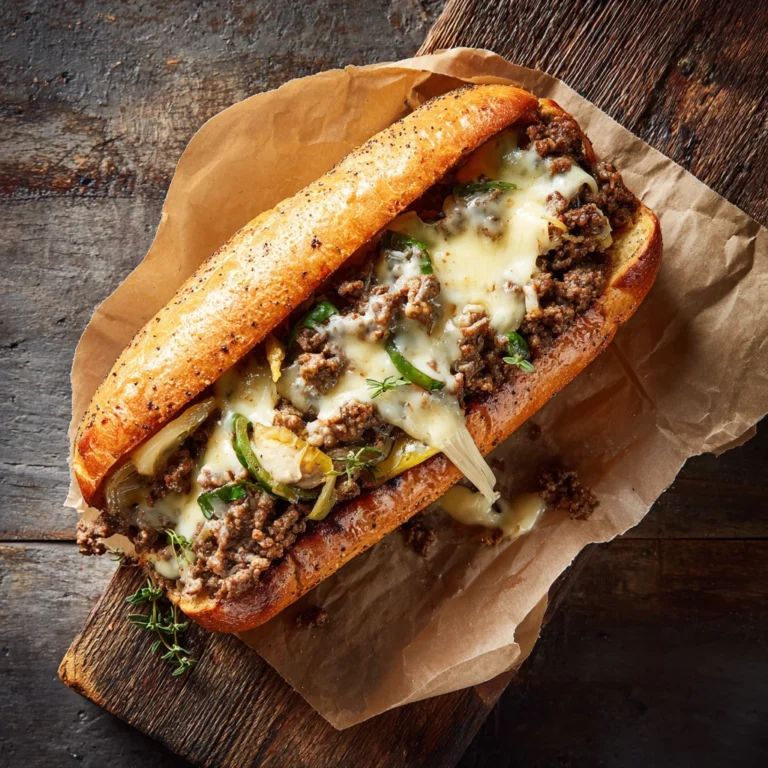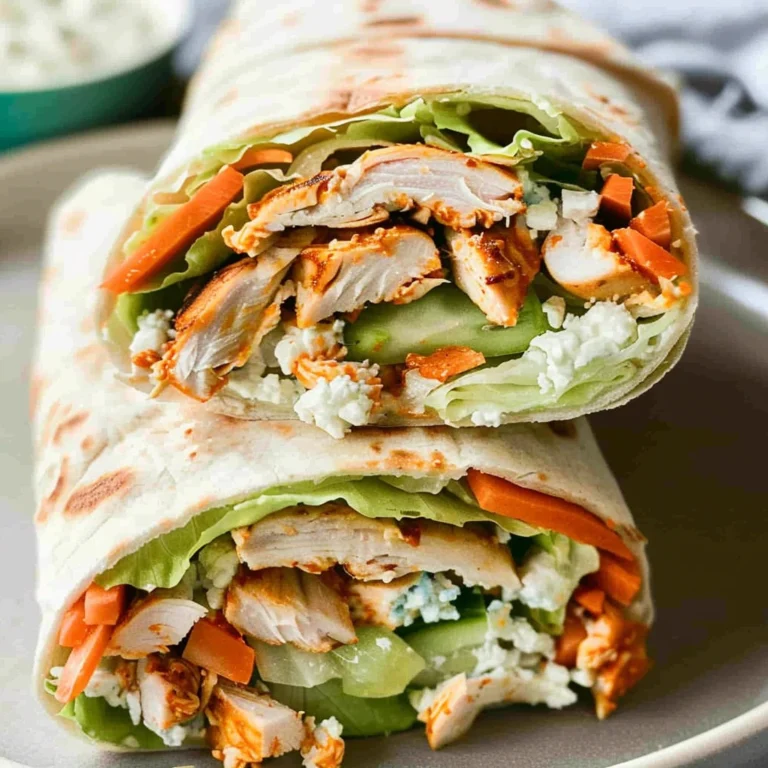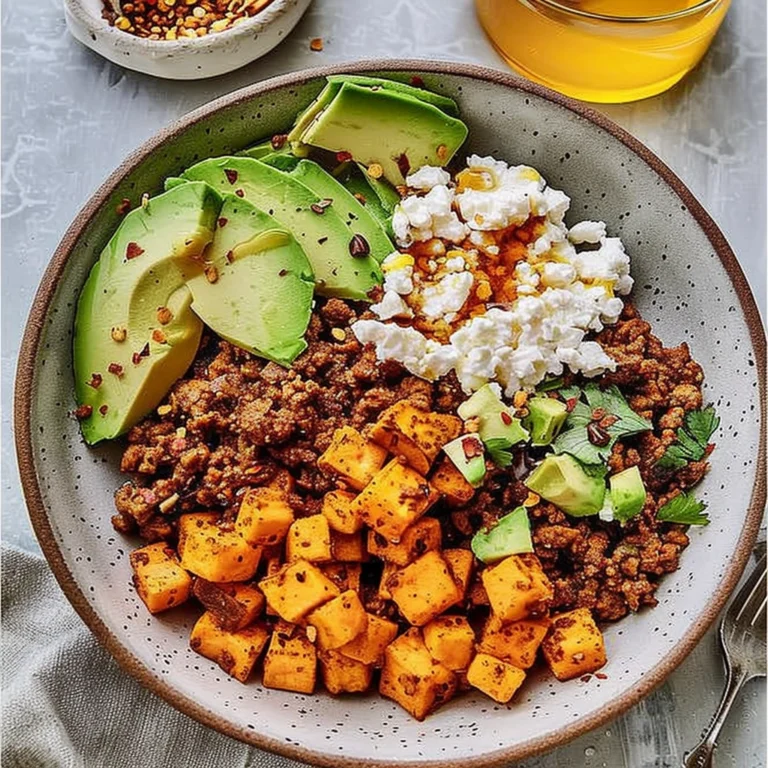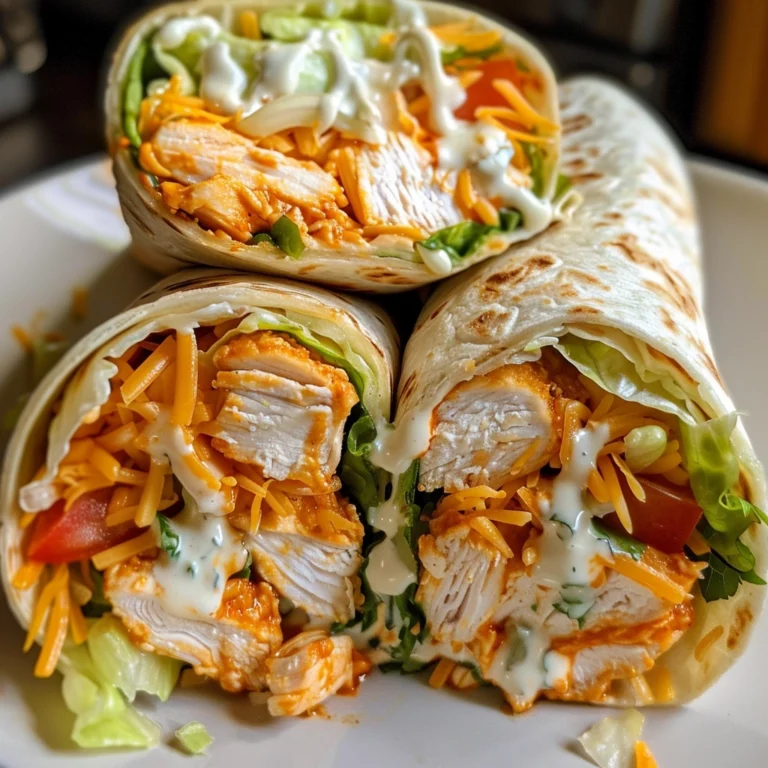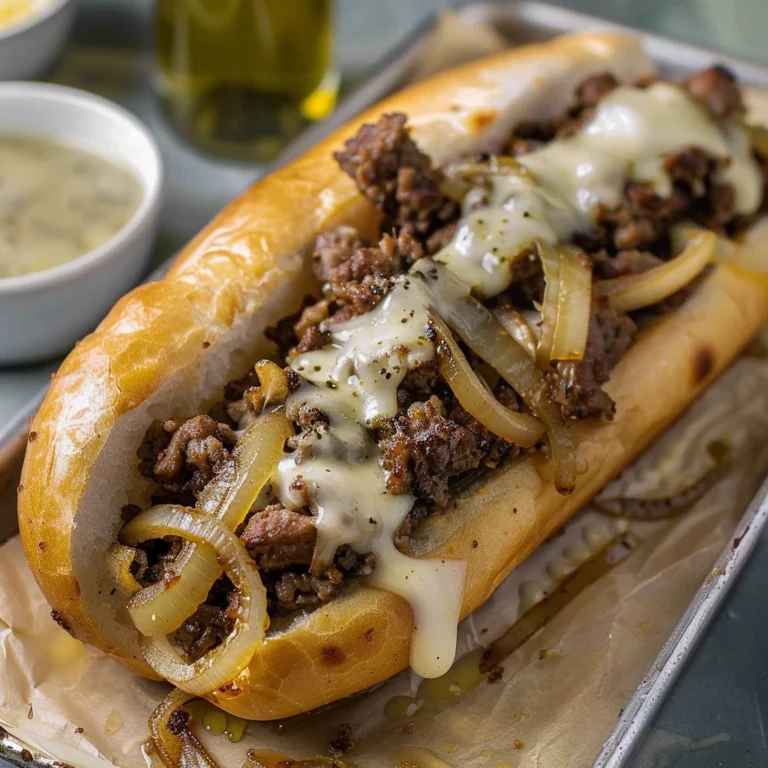Cottage Cheese Quesadilla: The Surprisingly Delicious, Healthy Twist You Need to Try
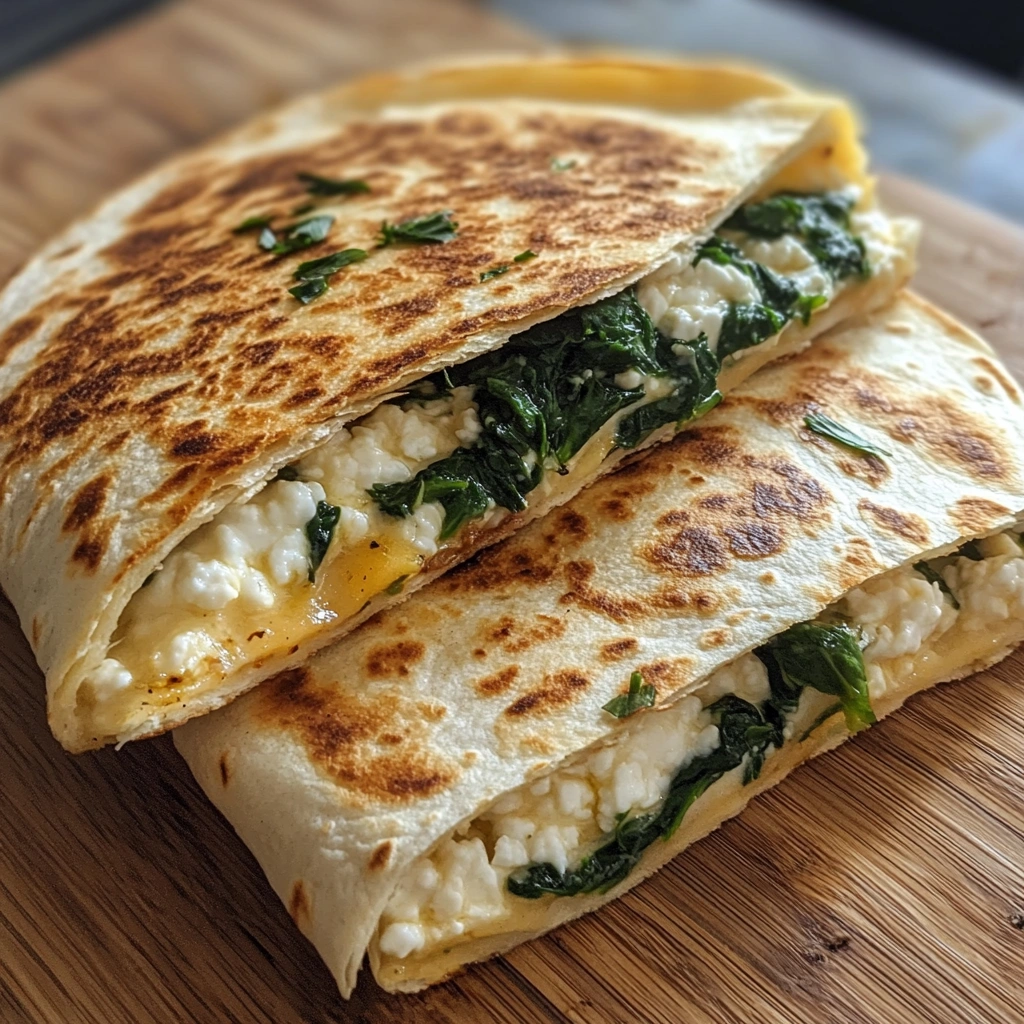
Introduction
Cottage cheese quesadilla wasn’t something I ever thought I’d crave—until one late Sunday afternoon changed everything. I had tortillas, half a tub of cottage cheese, and no plan. Out of sheer laziness or curiosity? I tossed them together in a hot skillet. The result? Golden-crisp edges, a warm, creamy center, and a mind-blown realization: you don’t need traditional cheese to make a knockout quesadilla.
In this article, we’ll explore the underestimated magic of cottage cheese in Mexican-inspired dishes—why it works, how to make it mouthwateringly good, and the health perks it brings. From melt behavior to flavor pairings and reheating hacks, we’re breaking it all down. If you’re looking to make your meals healthier without sacrificing taste or texture, you’re about to meet your new go-to recipe.
Learn more about healthy meal reinventions in our cottage cheese taco bowl.
Table of Contents
What Is a Cottage Cheese Quesadilla and Why It’s Trending
What Makes Cottage Cheese a Quesadilla Game-Changer?
A cottage cheese quesadilla swaps out high-fat cheeses like cheddar or Monterey Jack with a lower-fat, high-protein option. While cottage cheese isn’t traditionally used in Mexican cuisine, its creamy texture and slightly tangy flavor make it surprisingly complementary to tortillas, peppers, onions, and spices.
It works because:
- It’s soft and spreadable, creating a creamy interior.
- It binds well with sautéed vegetables and grilled meats.
- It adds richness without making the quesadilla greasy.
Cottage cheese has long been a staple in high-protein diets, and now it’s trending in comfort foods like grilled wraps and quesadillas thanks to TikTok and food bloggers who love a nutritional twist on familiar dishes.
Origins of the Quesadilla and Modern Healthier Variants
The quesadilla, a classic Mexican dish, was traditionally made using corn tortillas and Oaxaca cheese—a stringy, meltable cheese native to southern Mexico. Over time, especially in the U.S., it evolved into a flour tortilla-based snack loaded with cheese, meats, and vegetables.
Today’s healthier versions take a creative spin:
- Swapping high-fat cheese for cottage cheese or ricotta.
- Using whole-wheat or low-carb tortillas.
- Adding vegetables like spinach, mushrooms, and zucchini.
- Incorporating plant-based proteins or lean meats.
This evolution is part of a larger trend: comfort food made nutritious. Whether you’re meal-prepping for the week or just want a better-for-you snack, cottage cheese quesadillas offer both indulgence and nutritional value in every bite.
Benefits of Using Cottage Cheese in Quesadillas
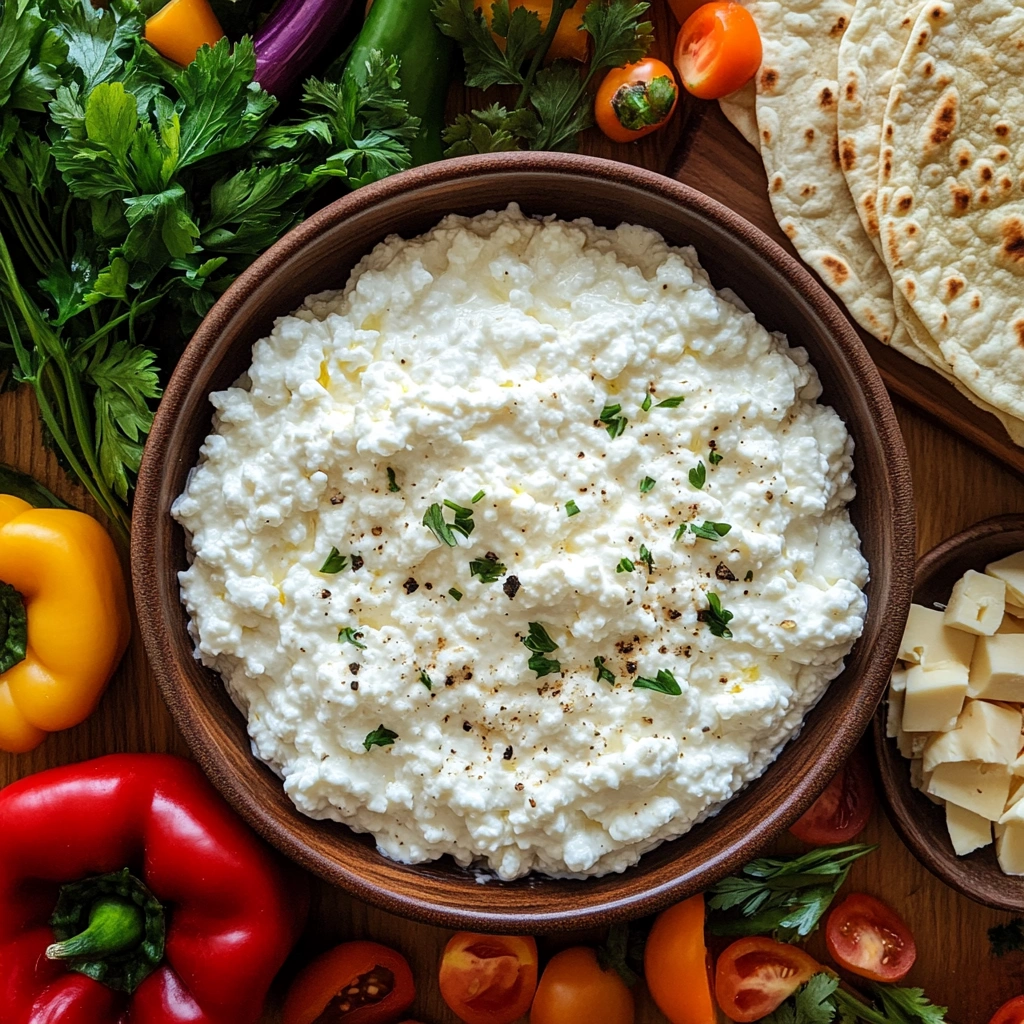
Nutritional Breakdown of Cottage Cheese (Low-Fat, High-Protein)
One of the main reasons people are swapping traditional cheese for cottage cheese in quesadillas is because of its impressive nutritional profile. It’s not just a tasty alternative—it’s a healthier one too.
Let’s look at the numbers per ½ cup (approx. 110g) of low-fat cottage cheese:
| Nutrient | Amount |
|---|---|
| Calories | 90–110 |
| Protein | 13–14 grams |
| Total Fat | 1–2 grams |
| Saturated Fat | <1 gram |
| Carbohydrates | 3–5 grams |
| Sugar (natural) | 2–3 grams |
| Calcium | ~10% DV |
| Sodium | 360–400mg |
Compared to shredded cheddar or mozzarella, cottage cheese offers:
- Less fat (especially saturated fat)
- Significantly more protein per calorie
- Fewer calories overall
- Natural probiotics (in some versions)
This makes it ideal for people on high-protein, low-fat diets or those watching their calorie intake. Fitness enthusiasts, vegetarians, and those following a clean eating lifestyle are embracing the cottage cheese quesadilla as a protein-packed meal option.
Cottage Cheese vs. Traditional Cheeses in Quesadillas
Let’s compare how cottage cheese stacks up against some traditional cheeses often used in quesadillas:
| Feature | Cottage Cheese | Cheddar Cheese | Monterey Jack | Ricotta Cheese |
|---|---|---|---|---|
| Fat Content (per 1/2 cup) | 2g (low-fat) | ~18g | ~15g | ~10g |
| Protein | 13g | ~7g | ~6g | ~7g |
| Melting Behavior | Creamy, doesn’t stretch | Melts & stretches | Melts & stretches | Creamy, less stretchy |
| Calories | 90–110 | ~200 | ~190 | ~160 |
Why Cottage Cheese Works:
- Doesn’t overpower other ingredients
- Adds a creamy, mild tang
- Moistens the tortilla without the need for added oil or butter
- Still delivers a comfort-food experience without the guilt
Cottage cheese may not have that stringy cheese pull, but it delivers in texture, taste, and nutrition—especially when mixed with herbs, garlic powder, or a hint of hot sauce.
Check out protein bagel recipe with Greek yogurt for another protein-packed idea using high-quality dairy.
Does Cottage Cheese Melt Like Other Cheeses?
Cottage Cheese vs. Ricotta and Cheddar: Melting Comparison
If you’ve tried tossing cottage cheese into a hot skillet expecting gooey strings of molten cheese, you might’ve been disappointed. Cottage cheese doesn’t melt like cheddar or mozzarella. That’s because it’s not a hard, aged cheese—it’s a fresh cheese made by curdling milk, with curds suspended in a milky whey liquid.
Here’s how it compares:
| Cheese Type | Melts Easily | Texture When Heated | Best Use |
|---|---|---|---|
| Cottage Cheese | No | Soft, creamy, may separate | Blended or mixed with creamy elements |
| Ricotta Cheese | No | Thickens slightly, creamy | Pasta, baked dishes |
| Cheddar Cheese | Yes | Gooey, stretchy | Quesadillas, melts, sandwiches |
| Mozzarella | Yes | Stringy, melty | Pizzas, quesadillas |
So does cottage cheese melt like cheddar? No—but it transforms in its own delicious way. When warmed gently, it turns into a soft, rich spread that pairs beautifully with toasted tortillas and sautéed fillings.
Also, when compared to ricotta, cottage cheese behaves similarly—except it’s a bit tangier and slightly more watery unless properly strained.
How to Enhance the Creamy Melt Effect in Your Quesadilla
If you’re craving a gooier, meltier mouthfeel, don’t worry. You can upgrade your cottage cheese quesadilla in a few easy ways:
1. Blend the Cottage Cheese
Use a food processor or blender to create a smooth spread. This eliminates curd texture and helps it feel like a true cheesy filling.
2. Mix with Melty Cheeses (Optional)
Add a small amount of mozzarella, Monterey Jack, or cheddar. Even 2 tablespoons will boost the “melt factor” without hurting nutrition.
3. Drain Excess Liquid
Strain cottage cheese through a cheesecloth or fine mesh sieve for 10 minutes before using it in a quesadilla. Less moisture = better texture.
4. Cook Low and Slow
Too much heat makes cottage cheese separate. Cook quesadillas on medium-low heat to warm them through without causing curdling.
5. Add Creamy Binding Agents
Try adding a spoonful of:
- Greek yogurt
- Mashed avocado
- Light cream cheese
These additions help bind ingredients and replicate the rich texture of melted cheese.
In short, no, cottage cheese doesn’t melt—but it mimics a creamy, cheesy layer when treated right.
How to Make the Perfect Cottage Cheese Quesadilla
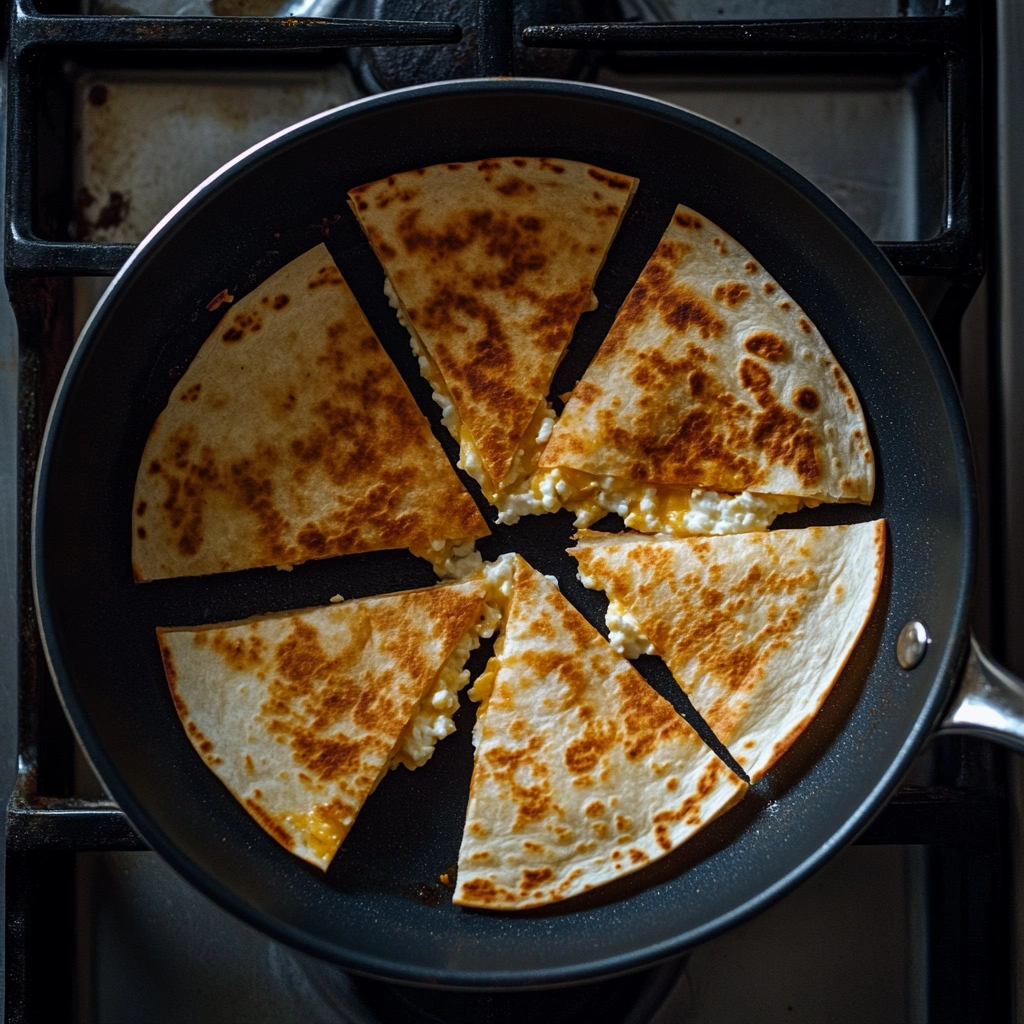
Best Ingredients to Pair with Cottage Cheese
Cottage cheese has a mild flavor, so it acts like a blank canvas. The magic is in the mix-ins. For the ultimate cottage cheese quesadilla, you’ll want a balance of creamy, crunchy, and savory elements.
Must-Have Ingredients:
- Low-fat or full-fat cottage cheese (drained for better texture)
- Whole wheat or low-carb flour tortillas
- Olive oil or avocado oil spray (for crispy edges)
Flavor-Boosting Add-Ins:
| Add-In | Why It Works |
|---|---|
| Sautéed onions | Add sweetness and umami |
| Bell peppers | Offer crunch and color |
| Jalapeños | Kick up the heat and add depth |
| Fresh spinach | Adds nutrients and earthy flavor |
| Shredded chicken | Protein boost without extra fat |
| Taco seasoning | Rounds out the flavor with bold spices |
| Hot sauce or salsa | Adds moisture and zing |
Tip: You can blend your cottage cheese with taco seasoning or a touch of garlic powder to infuse flavor right into the cheese.
Step-by-Step Recipe for a Crispy, Gooey Cottage Cheese Quesadilla
Here’s how to make the ultimate version that’s crisp on the outside and luxuriously creamy inside:
Ingredients:
- 2 medium flour tortillas
- ½ cup low-fat cottage cheese (drained)
- ¼ cup sautéed bell peppers & onions
- ¼ tsp taco seasoning
- 1 tsp olive oil
- Optional: a sprinkle of shredded mozzarella for melt appeal
Instructions:
- Prep the Cheese Base
- In a bowl, mix drained cottage cheese with taco seasoning. Optional: Blend for a smoother texture.
- Cook the Veggies
- In a pan, sauté bell peppers and onions in a touch of oil until soft and caramelized. Set aside.
- Assemble the Quesadilla
- Spread the seasoned cottage cheese on one tortilla. Top with cooked veggies and optional cheese. Place the second tortilla on top.
- Cook Until Crispy
- Heat a nonstick skillet over medium. Brush with oil. Cook the quesadilla for 3–4 minutes per side, pressing lightly, until golden brown.
- Cool and Slice
- Let rest for 1 minute. Slice into wedges. Serve with salsa, guacamole, or Greek yogurt as a healthy sour cream sub.
Crispy outside. Creamy inside. You’re gonna want seconds.
Discover great ideas like cottage cheese taco bowl for more ways to use this underrated dairy hero.
Variations and Flavor Combos for Cottage Cheese Quesadillas
Spicy, Sweet, and Savory Flavor Profiles to Try
The versatility of cottage cheese opens the door to a wide range of quesadilla variations. Whether you like things bold and spicy or mild and comforting, you can customize your cottage cheese quesadilla to suit your palate.
Here are a few tried-and-true flavor profiles:
1. Spicy Southwest
- Cottage cheese blended with chipotle peppers in adobo
- Black beans, corn, red onions
- Sprinkle of chili powder and cumin
- Serve with avocado-lime salsa
2. Mediterranean-Inspired
- Cottage cheese mixed with lemon zest and oregano
- Spinach, sun-dried tomatoes, black olives
- Optional: a bit of crumbled feta
- Serve with tzatziki or Greek yogurt
3. Sweet and Savory
- Cottage cheese with a drizzle of honey and a pinch of cinnamon
- Thinly sliced pears or apples
- Chopped walnuts for crunch
- Use whole-wheat tortillas and toast until golden
4. Mushroom and Herb
- Cottage cheese with fresh thyme and garlic powder
- Sautéed mushrooms, caramelized shallots
- A dash of balsamic glaze after cooking
5. BBQ Chicken
- Cottage cheese with a spoon of BBQ sauce
- Shredded rotisserie chicken, red onions
- Optional: a sprinkle of cheddar for extra melt
- Serve with a side of coleslaw or pickled jalapeños
With each of these, you keep the focus on the creamy texture of the cottage cheese while enhancing it with just a few powerful add-ins.
Vegetarian, Low-Carb, and High-Protein Versions
Quesadillas don’t have to mean carb-heavy indulgence. There are plenty of ways to adapt this dish for your specific diet or macro goals.
Vegetarian Version
Skip the meat and add more plant-based fillers:
- Zucchini, bell peppers, mushrooms
- Spinach, kale, or arugula
- Black beans or lentils for extra protein
Low-Carb Version
Swap tortillas for:
- Low-carb, high-fiber wraps
- Egg white omelet “wraps”
- Cauliflower tortillas
Keep fillings light and protein-focused.
High-Protein Boost
You can double up on protein without adding fat:
- Combine cottage cheese with shredded chicken or turkey
- Use Greek yogurt-based sauces
- Add hemp seeds or nutritional yeast for a savory protein bump
Check out protein bagel recipe with Greek yogurt for another high-protein recipe using dairy that packs a nutritional punch.
These variations make the cottage cheese quesadilla adaptable for any time of day—breakfast, lunch, or dinner—and any dietary goal.
Can You Use Cottage Cheese for Grilled Cheese Too?
Grilled Cheese vs. Quesadilla: Different Applications of Cottage Cheese
A natural question that comes up when people discover the magic of cottage cheese in a quesadilla is: Can you make a grilled cheese with cottage cheese, too? The short answer is yes—but with some caveats.
Traditional grilled cheese relies on hard cheeses like American, cheddar, or Swiss, which melt smoothly and bind the bread slices together. Cottage cheese, on the other hand, doesn’t melt in the same way. It’s soft and creamy but doesn’t have the stretch or cling that standard grilled cheese fillings offer.
That said, a cottage cheese grilled cheese can still work, especially if you make a few adjustments.
| Feature | Cottage Cheese Quesadilla | Cottage Cheese Grilled Cheese |
|---|---|---|
| Outer Layer | Tortilla (thin and flexible) | Bread (absorbs moisture faster) |
| Cheese Behavior | Stays creamy, low moisture | May become watery if unstrained |
| Texture | Crisp exterior, soft center | Needs added binder or blended cheese |
| Ideal Add-ins | Veggies, seasonings, proteins | Mustards, spreads, herbs, light cheese |
| Prep Difficulty | Easy | Medium (requires prep steps) |
A cottage cheese quesadilla has the advantage of a thinner, more forgiving wrap (the tortilla), which allows for a soft filling without making the dish soggy. In grilled cheese, you need to prevent the bread from becoming too wet.
Best Bread and Cooking Techniques for a Cottage Cheese Grilled Cheese
To make a successful grilled cheese with cottage cheese, follow these key steps to control moisture and boost flavor.
1. Use Thick-Sliced or Toasted Bread
Thin sandwich bread will get soggy. Choose:
- Sourdough
- Multigrain
- Artisan bread, lightly toasted beforehand
2. Drain or Blend the Cottage Cheese
Strain the cheese to reduce liquid, or blend it smooth with herbs or a touch of cream cheese for better consistency.
3. Add a Binding Agent
Cottage cheese alone may not stick well to the bread. Add a tablespoon of:
- Light cream cheese
- Shredded mozzarella
- Grated Parmesan
This improves cohesion and adds depth of flavor.
4. Cook Low and Covered
Use medium-low heat and cover the pan while cooking. This traps steam and helps warm the center evenly without over-toasting the outside.
5. Pair With Complementary Flavors
Use bold ingredients to contrast cottage cheese’s mild profile:
- Dijon mustard
- Fresh basil or dill
- Roasted red peppers
- Garlic butter spread on the outside of bread
While it takes more finesse than a traditional grilled cheese, this version offers a lighter, tangier twist—especially great for lunch or a post-workout snack.
Learn more about balanced meal ideas like our pesto chicken sandwich for inspiration.
Print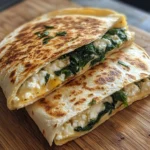
Cottage Cheese Quesadilla
- Total Time: 13 minutes
- Yield: 1 1x
Ingredients
-
2 flour tortillas
-
½ cup low-fat cottage cheese (drained)
-
¼ cup sautéed vegetables (bell peppers, onions)
-
¼ tsp taco seasoning
Optional: shredded chicken or mozzarella
Instructions
-
Mix cottage cheese with seasoning.
-
Spread on tortilla, add fillings.
-
Cook in nonstick skillet for 3–4 min each side.
-
Let rest, slice, and serve.
- Prep Time: 5 minutes
- Cook Time: 8 minutes
Is Cooked Cottage Cheese Healthy? What Science Says
Health Benefits of Cooking Cottage Cheese (Digestion, Texture, Flavor)
Cottage cheese is already known for being rich in protein and relatively low in fat, but does cooking it change its nutritional value? The short answer is: not in any significant or harmful way.
In fact, light cooking of cottage cheese in recipes like quesadillas can make it more enjoyable without compromising its health benefits. Here’s why:
1. Improved Texture for Sensitive Stomachs
Raw cottage cheese can sometimes feel gritty or too lumpy for sensitive palates. Cooking it:
- Softens the curds
- Creates a smoother, creamier mouthfeel
- May reduce stomach discomfort by partially denaturing proteins
2. Enhanced Flavor Profile
Cottage cheese has a neutral taste when raw. Gentle heat:
- Reduces the sharp tanginess
- Blends the curds into other ingredients
- Creates a richer flavor base in savory dishes
3. Protein Stability Under Heat
The casein protein in cottage cheese is very heat-stable. That means:
- You won’t lose protein content when heating
- Amino acid availability remains high
- It’s great for muscle repair and sustained energy
Cottage cheese also contains B vitamins like B12 and riboflavin, along with minerals such as calcium, magnesium, and selenium. These nutrients are fairly resilient to heat when cooked over moderate temperatures—like in a skillet for a quesadilla.
Does Heating Reduce Nutritional Value? What Studies Show
Scientific evidence shows that while high-heat, prolonged cooking can degrade some water-soluble vitamins (like vitamin C or folate), cottage cheese doesn’t contain much of those to begin with. Instead, it’s packed with:
- Protein (casein)
- Calcium
- Phosphorus
- B-complex vitamins
These are largely unaffected by the gentle cooking methods used in quesadilla preparation.
Studies also indicate that lightly heating dairy products may enhance digestibility by denaturing the proteins slightly—making them easier for the body to break down and absorb.
So yes, cooked cottage cheese is still very healthy and remains a solid source of muscle-building protein, bone-strengthening minerals, and satisfying satiety.
Don’t miss our chicken pesto pasta for another high-protein comfort food with smart ingredient swaps.
Mistakes to Avoid When Cooking with Cottage Cheese
Why It Gets Watery and How to Prevent It
One of the biggest complaints people have about using cottage cheese in hot dishes is that it turns watery. This isn’t a deal-breaker, but it can affect the texture and structural integrity of your cottage cheese quesadilla if you’re not prepared.
Here’s why it happens:
- Cottage cheese has a high moisture content, especially in low-fat versions.
- When heated too quickly or unevenly, the curds can separate from the whey.
- Using it straight from the tub without draining leads to soggy tortillas.
Fix It with These Easy Tips:
- Drain Before Using
Use a fine mesh strainer or cheesecloth to let excess whey drip out for 10–15 minutes. - Don’t Overload the Filling
Too much cheese leads to steam buildup and sogginess. Stick to about ¼ to ½ cup per quesadilla. - Pre-blend for Better Control
Blending the cheese turns it into a smooth, even paste that spreads better and heats more evenly. - Cook at Medium Heat
High heat will force moisture out too fast. Keep the skillet medium or medium-low and flip carefully.
Common Cooking Pitfalls and Quick Fixes
Even experienced cooks can make errors with cottage cheese. Here are some of the most common pitfalls—plus how to fix or avoid them:
| Mistake | Result | Solution |
|---|---|---|
| Using watery, unstrained cheese | Quesadilla falls apart | Strain cottage cheese before using |
| Not seasoning the cheese | Flat, bland flavor | Mix with spices like taco seasoning, garlic, paprika |
| Overfilling the tortilla | Breakage and undercooked middle | Use modest filling and press evenly |
| Cooking too fast or too hot | Burnt outside, cold or runny inside | Cook slowly over medium heat |
| Skipping the resting period | Cheese oozes out after slicing | Let it rest for 1 minute before cutting |
Another key mistake: thinking that cottage cheese has to act exactly like shredded cheese. It doesn’t. Once you start treating it like its own unique ingredient, you’ll get much better results.
Looking for inspiration? Try ground beef philly cheesesteak for a savory, protein-rich idea with melty satisfaction.
Storage, Meal Prep & Reheating Tips for Cottage Cheese Quesadilla
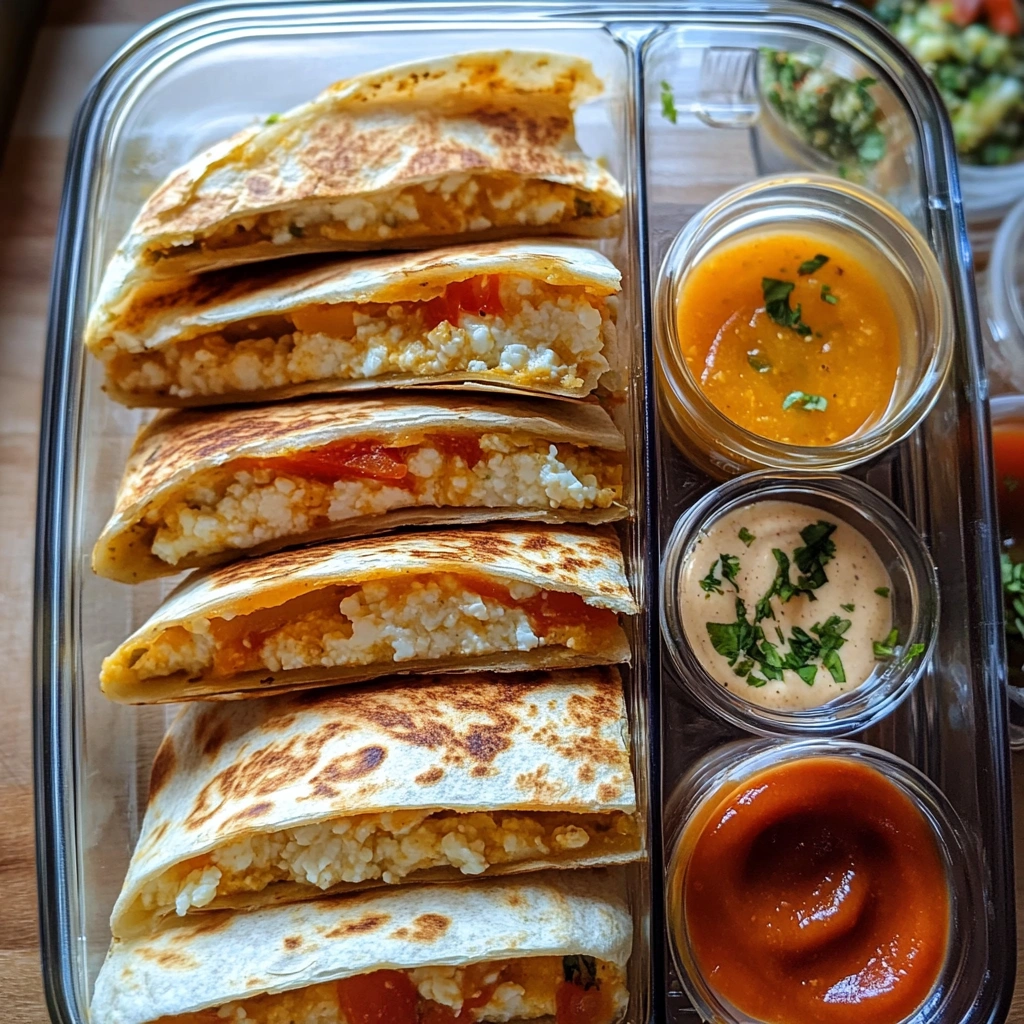
How to Store Leftover Cottage Cheese Quesadilla Without Sacrificing Quality
When you make a batch of cottage cheese quesadilla, chances are you’ll want to save a few slices for later. Proper storage makes all the difference between a soggy wrap and a crispy, creamy reheat.
Whether you’re planning for tomorrow’s lunch or prepping multiple quesadillas for the week, storing them correctly will keep that delicious texture intact.
Best Way to Store in the Fridge
If you have leftover cottage cheese quesadilla, here’s how to store it without losing flavor or texture:
- Let the quesadilla cool to room temperature first. Sealing a hot cottage cheese quesadilla traps steam, making it soggy.
- Wrap it tightly in foil or place in an airtight container to prevent drying.
- Store in the refrigerator for up to 3 days for best taste and texture.
Reheat on a skillet or in a toaster oven—not the microwave—so the tortilla stays crisp while the cottage cheese center stays warm and creamy.
Freezing Cottage Cheese Quesadilla
You can freeze cottage cheese quesadilla if you follow a few tips to maintain its quality:
- Use full-fat cottage cheese for better freeze-thaw consistency.
- Assemble the quesadilla and freeze it uncooked for fresher results later.
- Wrap each cottage cheese quesadilla individually in parchment paper, then place in a resealable freezer bag.
- Thaw overnight in the fridge before cooking fresh in a skillet or air fryer.
While freezing isn’t ideal for all dairy-based foods, it works well enough if your cottage cheese quesadilla is properly prepped.
Easy Meal Prep with Cottage Cheese Quesadilla Ingredients
If you’re big on meal prep, the cottage cheese quesadilla is a great candidate. You can prep ingredients in bulk and assemble your quesadilla fresh when hunger hits.
Here’s a simple approach:
| Prep Step | Strategy |
|---|---|
| Cottage cheese base | Blend with spices or herbs and refrigerate in an airtight jar. |
| Cooked veggie fillings | Sauté peppers, onions, mushrooms in advance; keep in containers. |
| Tortilla storage | Keep tortillas sealed in a dry place; warm before assembling. |
| Protein additions | Pre-cooked chicken, beans, or tofu store well and heat quickly. |
| Assembly time | Put together your cottage cheese quesadilla just before cooking. |
By prepping in parts, you avoid soggy leftovers and keep everything fresh. Just combine your cheese, fillings, and tortilla when ready—and you’ve got a crispy, protein-packed cottage cheese quesadilla in under 10 minutes.
Meal prep tip: Stack cooled cottage cheese quesadilla slices in parchment and foil for easy work lunches.
Check out chewy snickerdoodle cookie bars for a clean, sweet snack to round out your cottage cheese-friendly meal.
Frequently Asked Questions About Cottage Cheese Quesadilla
Is cottage cheese good in quesadillas?
Yes, cottage cheese is surprisingly good in quesadillas—especially if you’re looking for a healthier, high-protein alternative to traditional cheeses. It brings a mild, tangy flavor and creamy texture that works well with grilled vegetables, shredded chicken, and herbs. While it won’t give you a stretchy cheese pull, a cottage cheese quesadilla offers great taste, a lighter calorie count, and impressive nutritional benefits.
Does cottage cheese melt like cheese?
Cottage cheese does not melt in the traditional sense like cheddar or mozzarella. Instead, it softens and becomes creamy when heated, making it ideal for dishes like a cottage cheese quesadilla. If you want a more melt-like texture, blend the cottage cheese or mix it with a small amount of shredded melty cheese.
Does cottage cheese melt like ricotta?
Cottage cheese and ricotta behave similarly under heat—they both soften rather than melt. However, ricotta tends to be slightly thicker and less watery than cottage cheese. To replicate ricotta-like creaminess in a cottage cheese quesadilla, blend the cottage cheese first and drain any excess moisture for the perfect consistency.
Can you make a grilled cheese with cottage cheese?
Yes, you can make a grilled cheese with cottage cheese, although it requires a few adjustments. Because cottage cheese is not sticky or melty on its own, it works best when blended and combined with a binder like cream cheese or a small amount of mozzarella. It’s a lighter take on the classic grilled cheese and pairs well with hearty bread and bold seasonings.
Is cooked cottage cheese healthy?
Cooked cottage cheese is very healthy. When included in a recipe like a cottage cheese quesadilla, it retains its protein, calcium, and nutrient density while gaining a smoother, richer flavor. Gentle heating doesn’t reduce its health benefits, and may even improve digestibility. For those looking to add more lean protein and fewer fats to their diet, a warm, cooked cottage cheese dish is an excellent option.
Conclusion: Why Cottage Cheese Quesadilla Should Be in Your Weekly Meal Rotation
If you’ve made it this far, it’s clear the cottage cheese quesadilla isn’t just a trendy food hack—it’s a smart, flavorful, and healthy upgrade to a classic comfort dish. Whether you’re trying to increase your protein intake, reduce fat, or simply switch up your routine, this variation delivers on all fronts.
From breakfast to late-night snack, a cottage cheese quesadilla fits almost any occasion. It’s fast to make, easy to customize, and stores well for meal prep. Best of all, it proves that healthy eating doesn’t have to mean giving up on texture or taste.
By using cottage cheese, you’re not only adding nutritional value, but also tapping into a creative way to enjoy a familiar favorite. It melts into a rich, creamy filling that complements veggies, lean meats, and flavorful spices without overpowering them.
So next time you’re craving something cheesy and comforting, skip the processed slices and try making a cottage cheese quesadilla instead. Your taste buds—and your body—will thank you.
Follow our Facebook and Pinterest for more recipes like cottage cheese quesadilla .

